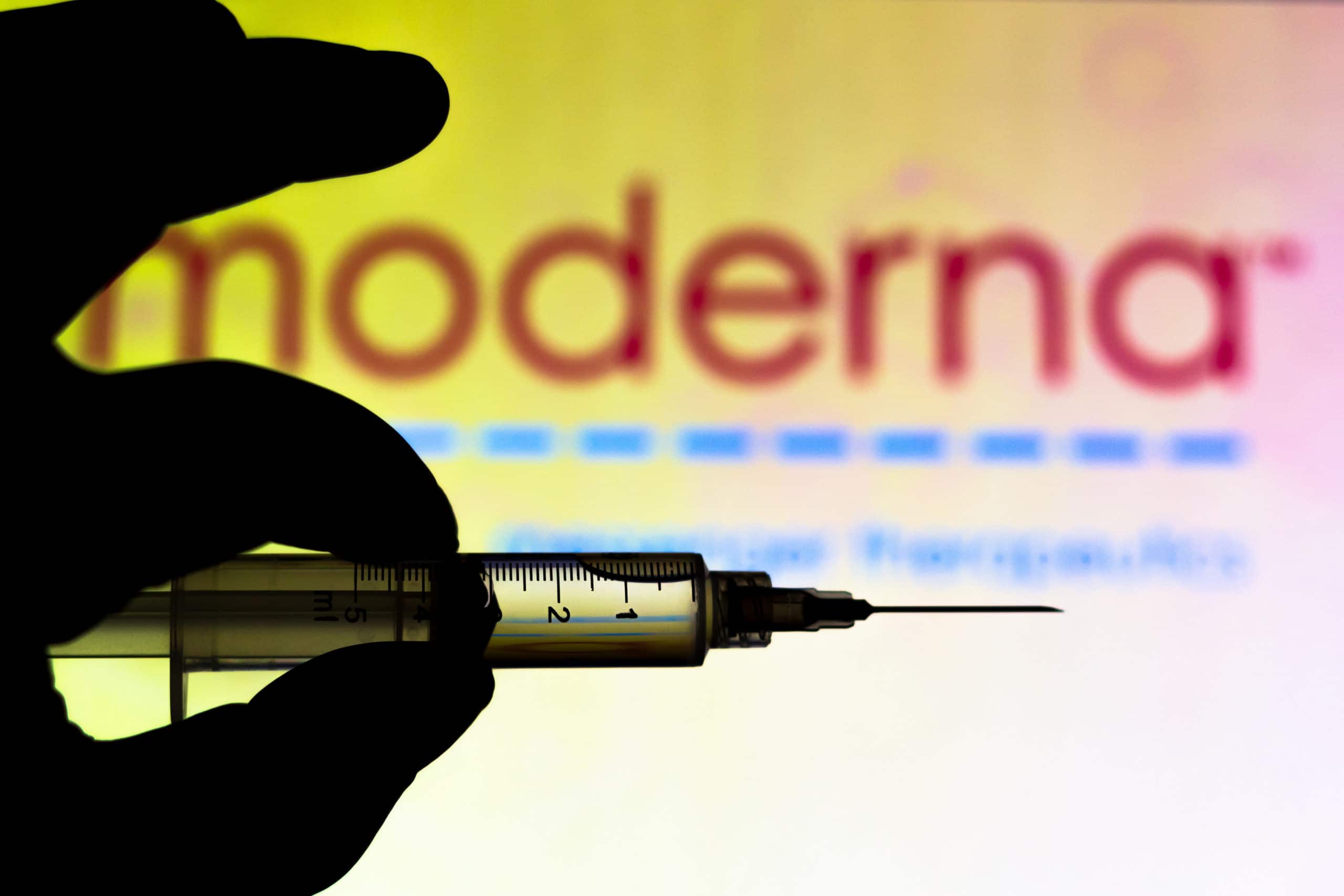TOPLINE: Both the Pfizer-BioNTech and Moderna vaccines are likely to offer long-lasting protection against Covid-19, according to a study published on Monday, indicating that people who are already inoculated with either of the mRNA vaccines may not need a booster dose for years.
KEY FACTS
According to a peer-reviewed study published in the science journal Nature, scientists found that the vaccines induced a strong immune reaction that may protect against Covid-19 for years.
The study reinforces a previous finding, first reported in May, that people who have both recovered from infection and have been fully inoculated with one of the mRNA vaccines have an even stronger immune response.
The study also showed that the vaccines produced high levels of neutralizing antibodies that were effective against three variants of the coronavirus, including the Beta variant that has been shown to reduce the effectiveness of vaccines.
Nearly four months after the first dose of either vaccine, the body still had the so-called germinal centers in the lymph nodes which effectively train the body’s immune cells to protect against future infection.
Loading...
According to scientists who conducted the study, this is a very positive sign since germinal centers normally peak one or two weeks after vaccination and then begin to decline, the New York Times reported.
Production of a broader range of immune cells and longer training times for those cells will lead to more robust protection against the virus and any variants that may emerge.
WHAT WE DON’T KNOW
The scope of the study was only limited to the two approved mRNA vaccines manufactured by Moderna and Pfizer-BioNTech. It did not examine the single-dose Johnson & Johnson vaccine and one of the study’s authors told the New York Times that he expected the immune response from that shot to be less durable. The study also does not throw any light on the effectiveness of the vaccine against the Delta variant of the coronavirus which is more transmissible than other variants.
KEY BACKGROUND
While the mRNA vaccines have been highly effective in preventing infections, the emergence of more infectious variants of the coronavirus has led to speculation that booster doses may be needed to protect against Covid-19. Speaking at a Forbes event earlier this month, Moderna CEO Stéphane Bancel also suggested that it was likely booster shots will be needed in the near future, both to bolster waning immunity and to protect against new virus mutations. However, public health officials, including Dr. Anthony Fauci, have pushed back against this notion. The results of this study suggest that a vast majority of people, who have received one of the two mRNA vaccines, will likely be protected over the long term and may not need a booster shot anytime soon. However, the emergence of newer, more infectious variants could still blunt the effectiveness of these mRNA vaccines. Additionally, a large proportion of vaccine recipients around the world have received viral vector-based vaccines which may offer less durable immunity.
FURTHER READING
mRNA Vaccines May Offer Lasting Protection, Study Finds (New York Times)
Immunity to the Coronavirus May Persist for Years, Scientists Find (New York Times)
By Siladitya Ray, Forbes Staff
Loading...
